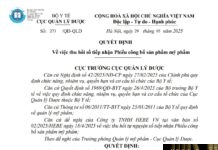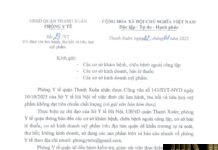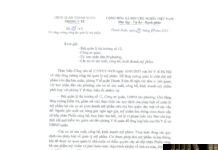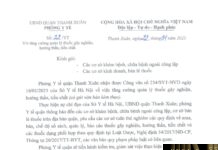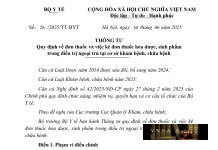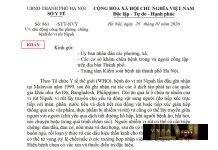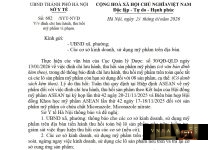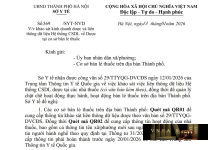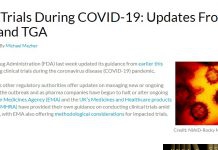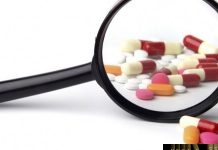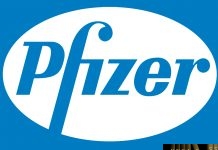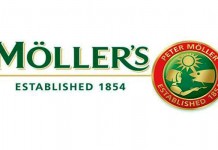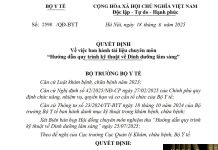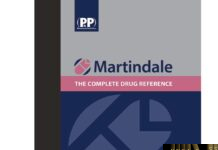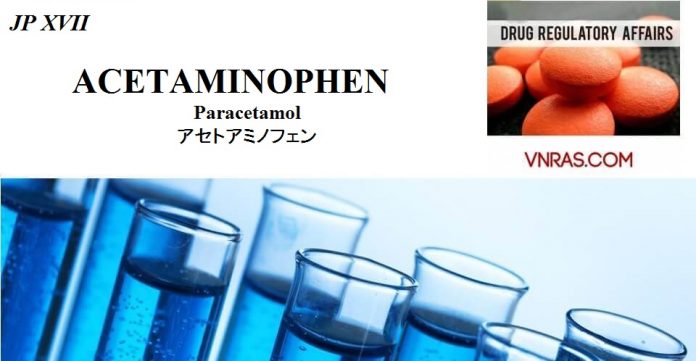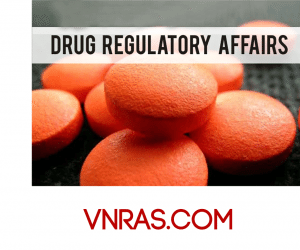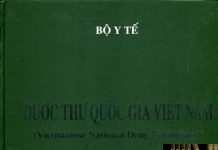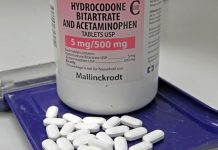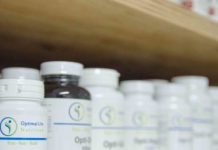Acetaminophen
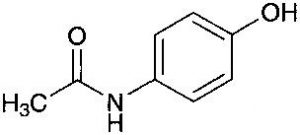
Acetaminophen C8H9NO2: 151.16
N-(4-Hydroxyphenyl)acetamide [103-90-2]
Acetaminophen, when dried, contains not less than 98.0% of acetaminophen (C8H9NO2).
Description
Acetaminophen occurs as white, crystals or crystalline powder.
It is freely soluble in methanol and in ethanol (95), sparingly soluble in water, and very slightly, soluble in diethylether.
It dissolves in sodium hydroxide TS.
Identification
Determine the infrared absorption spectra of Acetaminophen, previously dried, as directed in the potassium bromide disk method under Infrared Spectrophotometry <2.25>, and compare the spectrum with the Reference Spectrum or the spectrum of dried Acetaminophen RS: both spectra exhibit similar intensities of absorption at the same wave numbers.
Melting point <2.60>
169 – 172oC
Purity
(1) Chloride <1.03>—Dissolve 4.0 g of Acetaminophen in 100 mL of water by heating, cool with shaking in ice water, allow to stand until ordinary temperature is attained, add water to make 100 mL, and filter. To 25 mL of the filtrate add 6 mL of dilute nitric acid and water to make 50 mL, and perform the test using this solution as the test solution. Prepare the control solution with 0.40 mL of 0.01 mol/L hydrochloric acid VS (not more than 0.014%).
(2) Sulfate <1.14>—To 25 mL of the filtrate obtained in (1) add 1 mL of dilute hydrochloric acid and water to make 50 mL, and perform the test using this solution as the test solution. Prepare the control solution with 0.40 mL of 0.005 mol/L sulfuric acid VS (not more than 0.019%).
(3) Heavy metals <1.07>—Proceed with 2.0 g of Acetaminophen according to Method 4, and perform the test. Prepare the control solution with 2.0 mL of Standard Lead Solution (not more than 10 ppm).
(4) Arsenic <1.11>—Prepare the test solution with 1.0 g of Acetaminophen according to Method 3, and perform the test (not more than 2 ppm).
(5) Related substances—Dissolve 50 mg of Acetaminophen in 1 mL of methanol, add the mobile phase to make 50 mL, and use this solution as the sample solution. Pipet 1 mL of the sample solution, add the mobile phase to make exactly 200 mL, and use this solution as the standard solution. Perform the test with exactly 10 µL each of the sample solution and standard solution as directed under Liquid Chromatography <2.01> according to the following conditions. Determine each peak area of both solutions by the automatic integration method: the total area of all peaks other than acetaminophen from the sample solution is not larger than the peak area of acetaminophen from the standard solution.
Operating conditions—
Detector: An ultraviolet absorption photometer (wavelength: 225 nm).
Column: A stainless steel column about 4 mm in inside diameter and about 15 cm in length, packed with octadecylsilanized silica gel for liquid chromatography (5 µm in particle diameter).
Column temperature: A constant temperature of about 40oC.
Mobile phase: A mixture of 0.05 mol/L potassium dihydrogenphosphate (pH 4.7) and methanol (4:1).
Flow rate: Adjust so that the retention time of acetaminophen is about 5 minutes.
Selection of column: Dissolve 0.01 g each of Acetaminophen and 4-aminophenol hydrochloride in 1 mL of methanol, add the mobile phase to make 50 mL, to 1 mL of this solution add the mobile phase to make 10 mL. Proceed with 10 µL of this solution under the above operating conditions, and calculate the resolution. Use a column giving elution of 4-aminophenol and acetaminophen in this order with the resolution between these peaks being not less than 7.
Detection sensitivity: Adjust the detection sensitivity so that the peak height of acetaminophen obtained from 10 µL of the standard solution is about 15% of the full scale.
Time span of measurement: About 6 times as long as the retention time of acetaminophen, beginning after the solvent peak.
Loss on drying <2.41>
Not more than 0.3% (0.5 g, 105oC, 2 hours).
Residue on ignition <2.44>
Not more than 0.1% (1 g).
Assay
Weigh accurately about 20 mg each of Acetaminophen and Acetaminophen RS, previously dried, dissolve in 2 mL of methanol, and add water to make exactly 100 mL.
Pipet 3 mL each of these solutions, add water to make exactly 100 mL, and use these solutions as the sample solution and the standard solution, respectively. Determine the absorbances, AT and AS, of the sample solution and standard solution at the wavelength of maximum absorption at about 244 nm as directed under Ultraviolet-visible Spectrophotometry <2.24>, using water as the blank.
Amount (mg) of acetaminophen (C8H9NO2)
= MS × AT/AS
MS: Amount (mg) of Acetaminophen RS taken
Containers and storage
Containers – Tight containers.
Storage – Light-resistant.
THE JAPANESE PHARMACOPOEIA
SEVENTEENTH EDITION
PLEASE TO REFER VNRAS.COM


